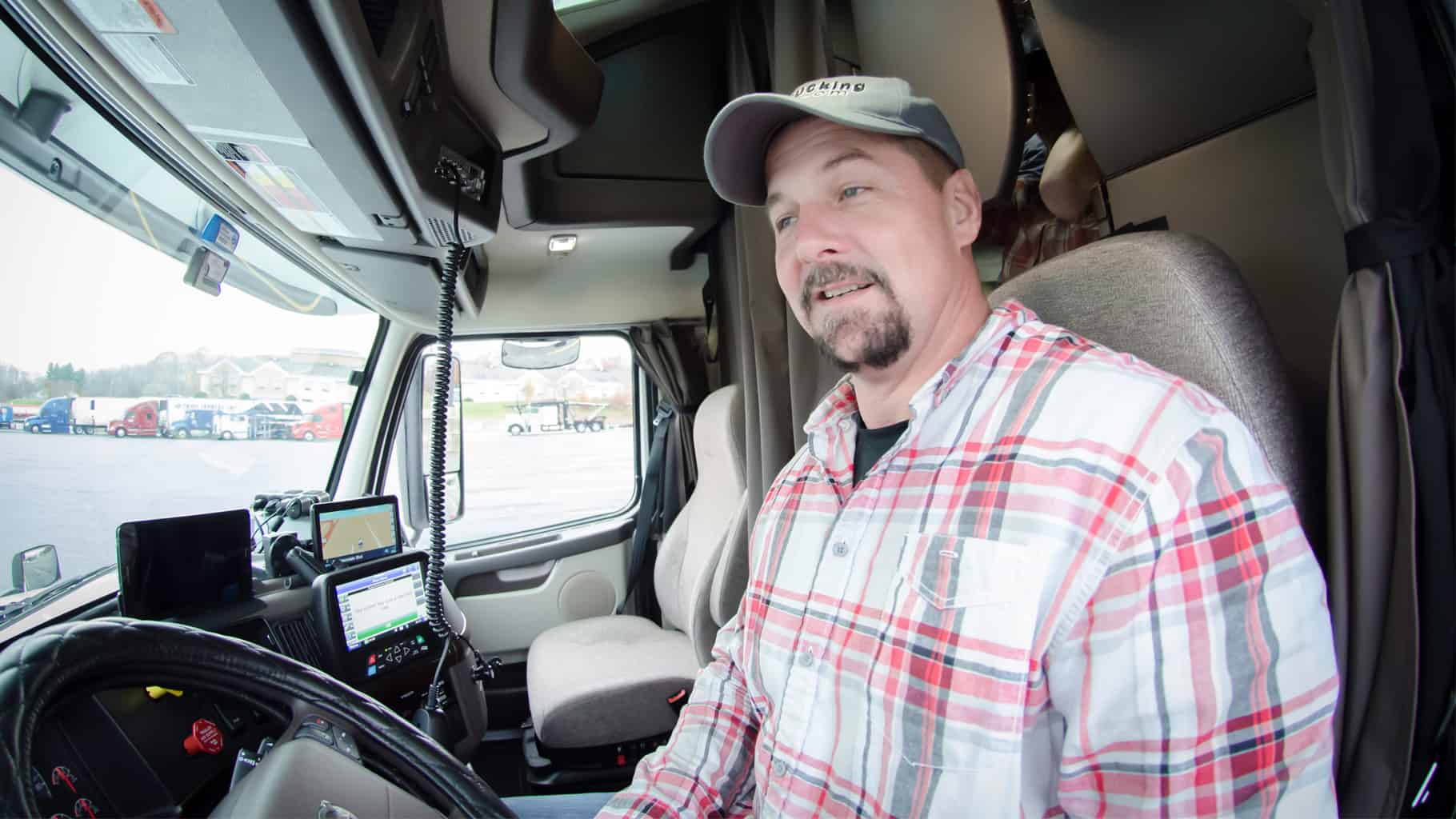
Guest post by FreightWaves’ John Gallagher
Federal regulators are considering giving states more flexibility to conduct commercial driver’s license (CDL) skills tests to reduce testing delays, cut costs for third-party testers and applicants, and speed driver hiring.
The proposal, announced by the Federal Motor Carrier Safety Administration (FMCSA) on June 27, would lift federal rules barring third-party CDL skills instructors to perform both the instruction and qualifying testing for the same driver applicant, placing the discretion to allow for that at the state level.
“We continue to examine opportunities to provide common-sense regulatory relief to states and to individuals seeking to obtain a CDL,” commented FMCSA Administrator Ray Martinez in announcing the plan. “This proposal will provide states more flexibility, while maintaining safety on our roadways. I encourage all interested parties to review the proposal and to offer their comments to the docket.”
A 60-day public comment period will start after the proposal is published in the Federal Register, expected shortly.
The proposed rule is based on complaints received after the FMCSA published a final rule in 2011 amending the CDL knowledge and skills testing standards. The rule included a provision that prohibited driver training schools from administering the CDL skills test to applicants unless there were no alternatives within 50 miles and the examiner did not both train and test the same applicant. The FMCSA revised the rule in 2013, allowing both training and testing at the same school – providing it’s not done by the same instructor – as a way to prevent training fraud.
SAGE Truck Driving Schools, which claims to have provided CDL training to more than 40,000 students around the country, took up the cause to recommend that FMCSA loosen the training/testing restriction.
“FMCSA believes that the proposed change is appropriate because, as SAGE noted, there are other means of detecting and preventing fraud in CDL skills testing,” the agency stated. For example, states are required to take action against third-party testers that fail to comply with CDL testing standards, FMCSA noted. States must also maintain a database to track the skills tests, and pass/fail rates, that are administered by the state and third-party examiners.
In addition, FMCSA pointed out that once the Entry Level Driver Training (ELDT) regulations are implemented in February 2020, information collected in the ELDT’s Training Provider Registry will be able to flag abnormally high or low skills-test passage rates for further investigation.
“Given these multiple means of detecting and preventing fraud in CDL skills testing, FMCSA believes that the proposed removal of the prohibition currently imposed would have no impact on safety.”
FMCSA cited similar efforts it’s making to reduce burdens on CDL applicants, including its March 2019 final rule streamlining the process from upgrading from a Class B to Class A CDL, a change it claims will save driver trainees and motor carriers $18 million annually.